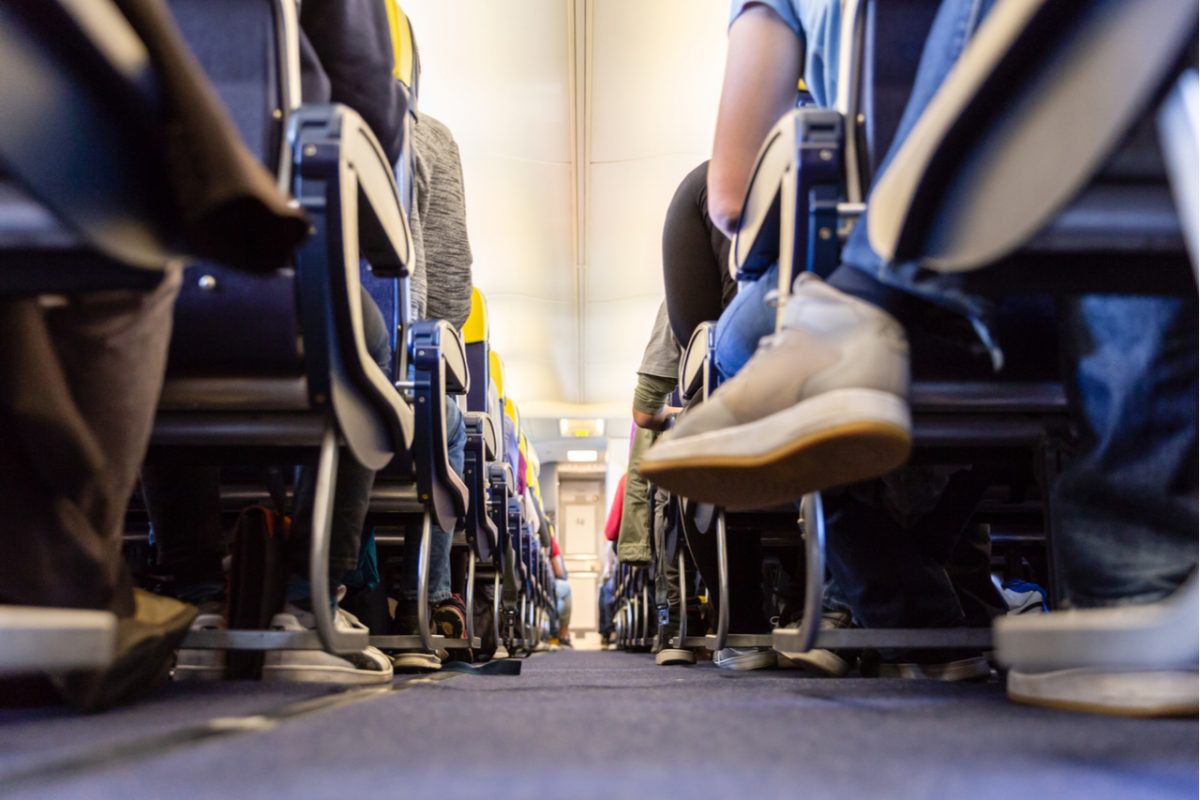Travel trends for 2021
Published on December 8, 2020 by Blackstone Partners

This year has meant cancellations and a need to rearrange travel plans thanks to Covid-19. Now, as vaccines have been unveiled, you may be thinking about where you can visit in 2021. Whether you hope to visit a destination you’ve visited before or somewhere new, the pandemic may influence your plans as it has done with these seven trends.
1. Staycations to remain popular
Unsurprisingly, more people are expected to look closer to home for a holiday location in 2021. Towns on the coast are expected to be popular, with Cornwall often named the number one destination thanks to its beautiful beaches and heritage. National Parks are also a good option if you want to explore the great outdoors. Those looking for a city break can choose from a range of urban destinations too, including popular London and Edinburgh. Be sure to book in advance, as travel firms are reporting high levels of interest in UK holiday hotspots.
2. Swapping city breaks for rural retreats
While many places are expected to ease social distancing restrictions in 2021, it’s natural that it’s still a concern among holidaymakers. One solution is to swap a city break for a rural location. It’s a chance to see another side of a country and take in the natural beauty of the area. Think about swapping Rome for an idyllic stay at a farm in Tuscany. If you still want to benefit from some of the amenities a city break offers, planning day trips can give you the best of both worlds and limit social contact.
3. Planning a multi-generational holiday
With months of not being able to spend quality time with family, a break with your loved ones is a great way to catch up and reconnect. Whether you opt for a multi-generational trip abroad or stay in the UK, one option to consider is renting a villa over hotel rooms. It can not only work out cheaper but means you can relax together throughout the day and evening. Finding a destination that appeals to everyone can be tricky, but it will be worth it once you’re there.
4. Going on a once in a lifetime trip
Covid-19 reminded us all how quickly things can change and emphasised what’s important. If a once in a lifetime trip has been something at the back of your mind, but you’ve always put it off, you may now be more tempted to seize the opportunity. Whether it’s a safari in Africa, travelling for months or heading off the beaten track, more people are set to push the boat out with big-ticket holidays.
5. Trips that blend work and holidaying
More people are working flexibly than ever before, including working remotely. This opens up the possibility of combining working and holidaying. If all you need is a reliable internet connection to get your work done, why not do it in a beautiful place you’ve always wanted to visit without having to use holiday days? If meetings are still part of your working day, don’t forget to factor in the time difference and challenges this could present. You’ll also need to be realistic about the holiday experiences you can fit around working hours. If you’re happy to be on your laptop by the pool, it can work well. But if you prefer to go sightseeing, it could lead to holiday disappointment.
6. Last-minute bookings set to rise
Given the travel chaos Covid-19 caused thousands of holidaymakers, more people are expected to book last-minute deals. If you’re happy to head to a destination with little planning, it can be a great way to see somewhere new and at a lower price. While there’s still a chance of plans being derailed, the risk is lower closer to your departure date, and you’ll have to be more flexible about where you head to. But for some, the excitement of a last-minute holiday is perfect.
7. Making plans with a community focus
Finally, the tourism industry has been one of the hardest hit by Covid-19 and the impact it’s had on local economies has featured in the news. Responsible travel, that encourages having a positive impact on the local communities, has been growing steadily, however, the pandemic is set to accelerate this. Rather than booking package holidays and staying at chain hotels, the industry expects more people to make communities part of the holiday plans. That can be as simple as eating out at restaurants owned by locals or staying at family-run accommodation.
Remember, the Covid-19 situation can change, and you should make sure you understand refund policies. You should also carefully read through the terms and conditions of your holiday insurance, so you know what you’re covered for.

